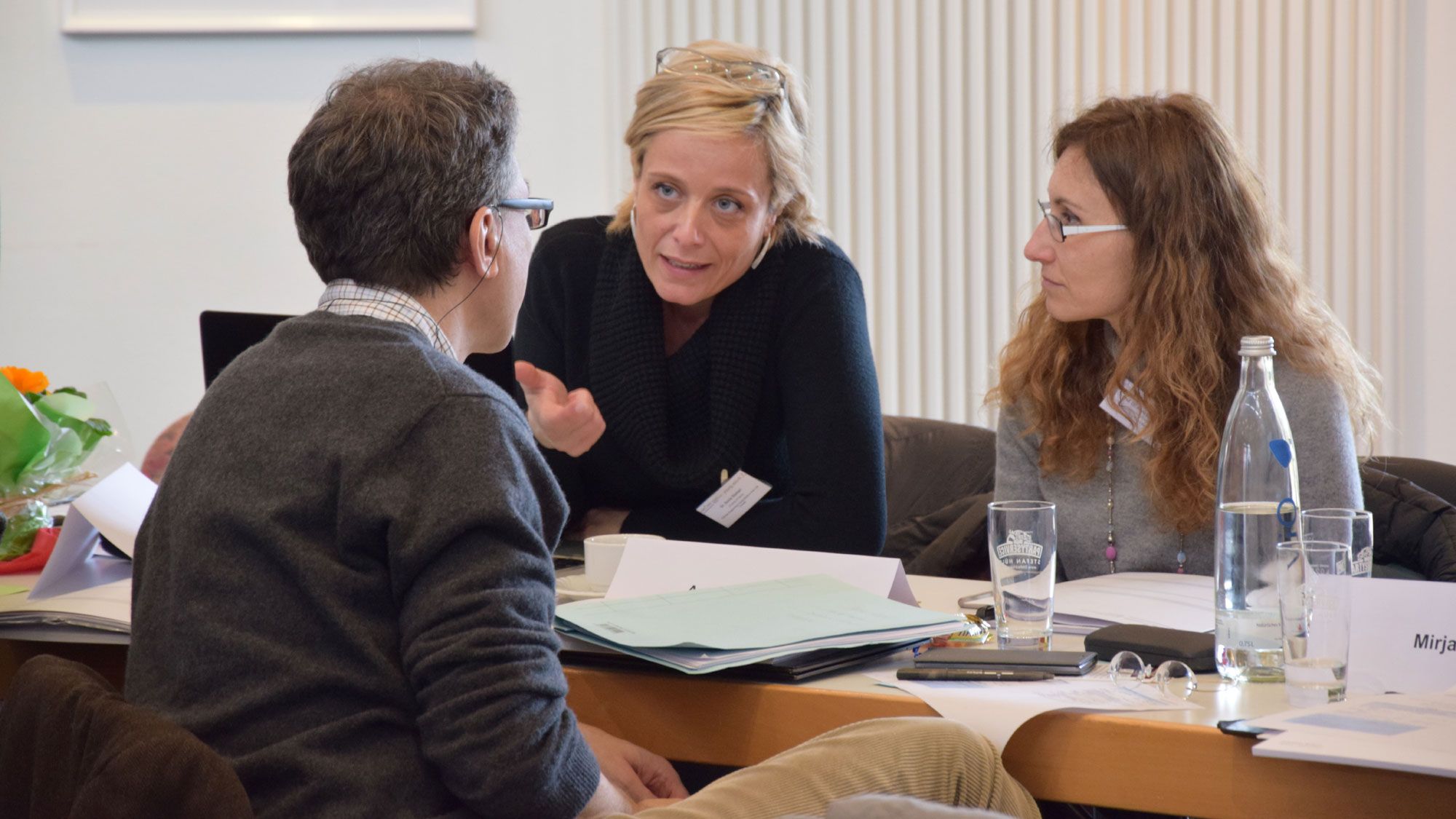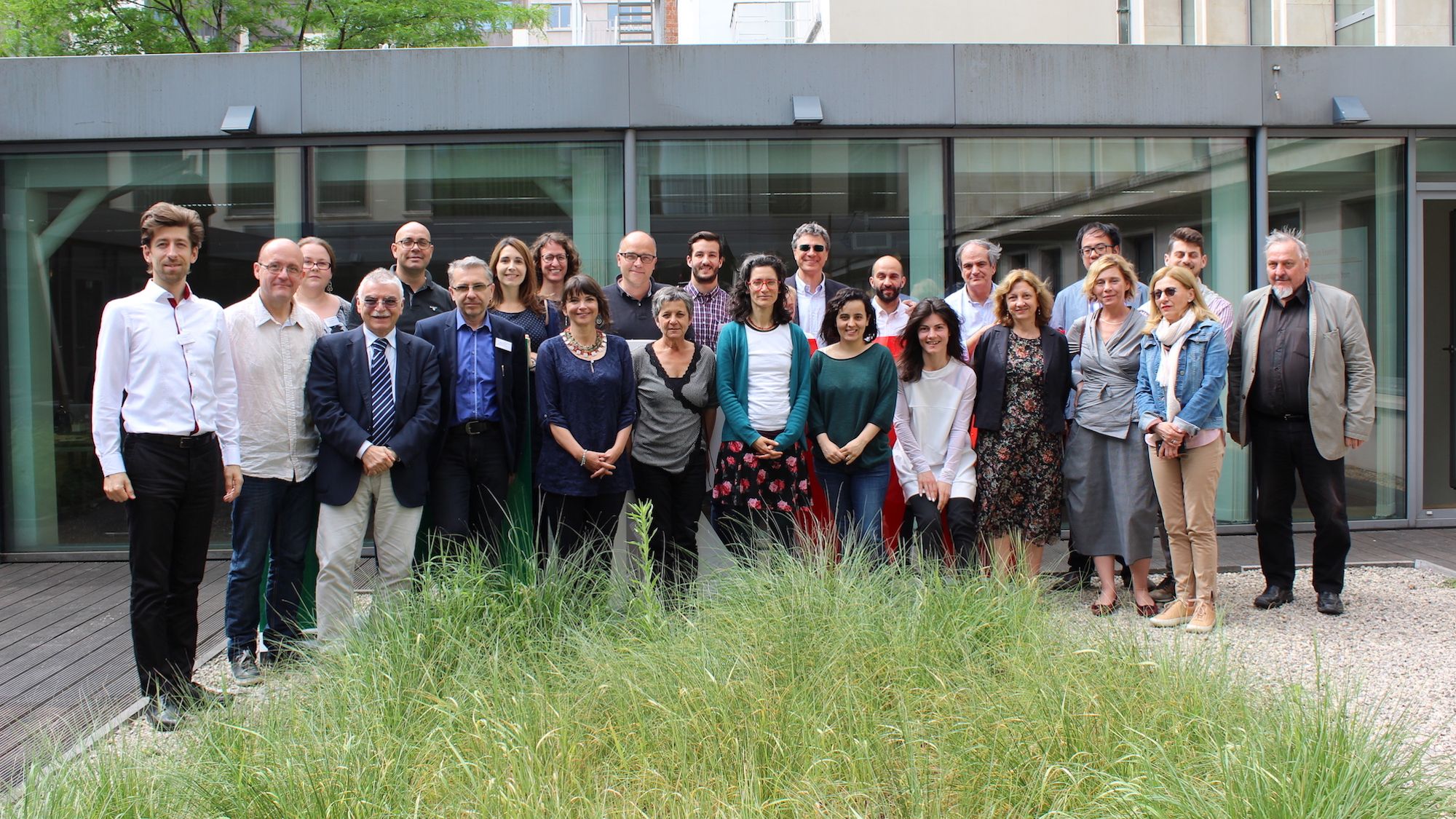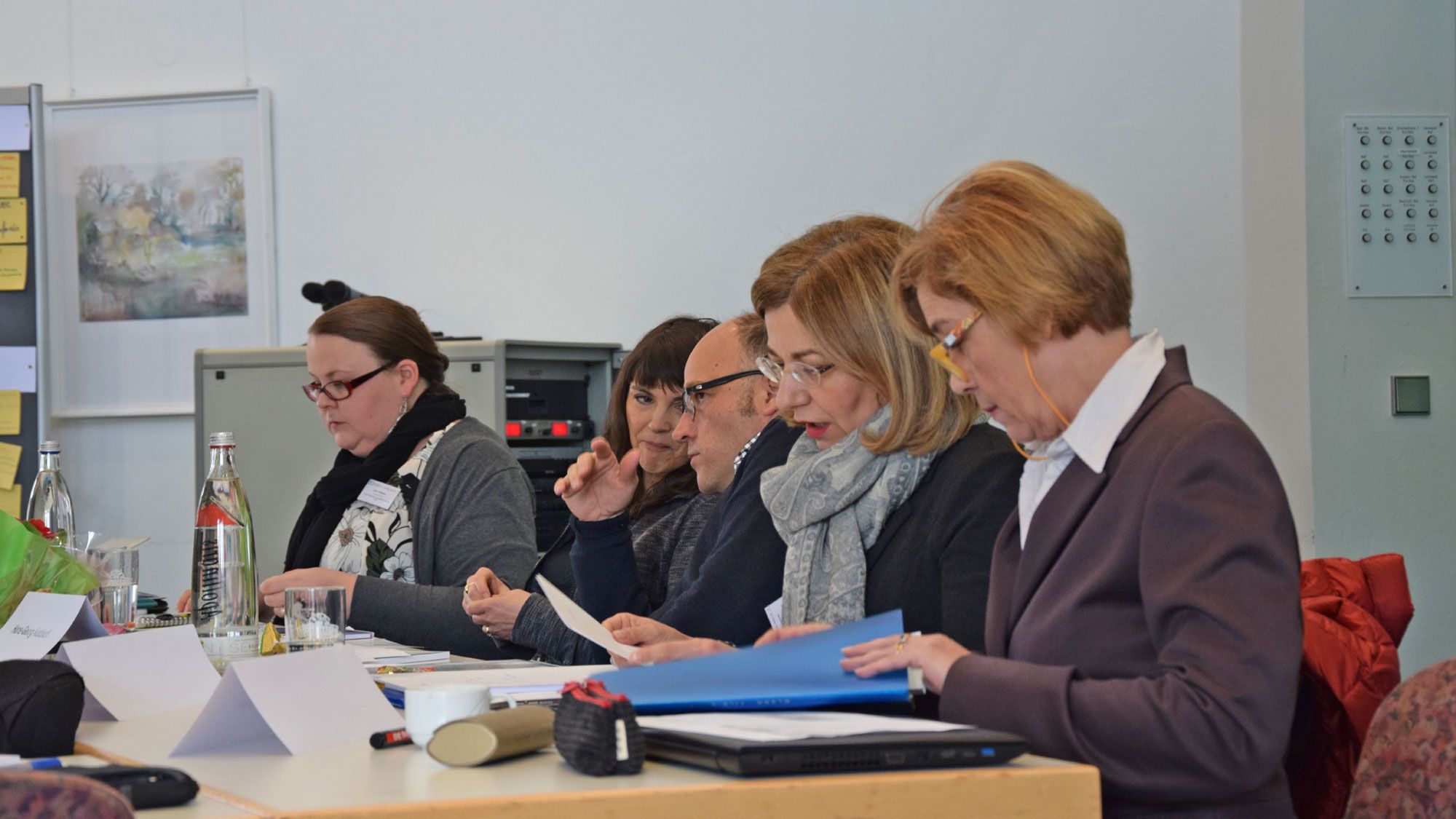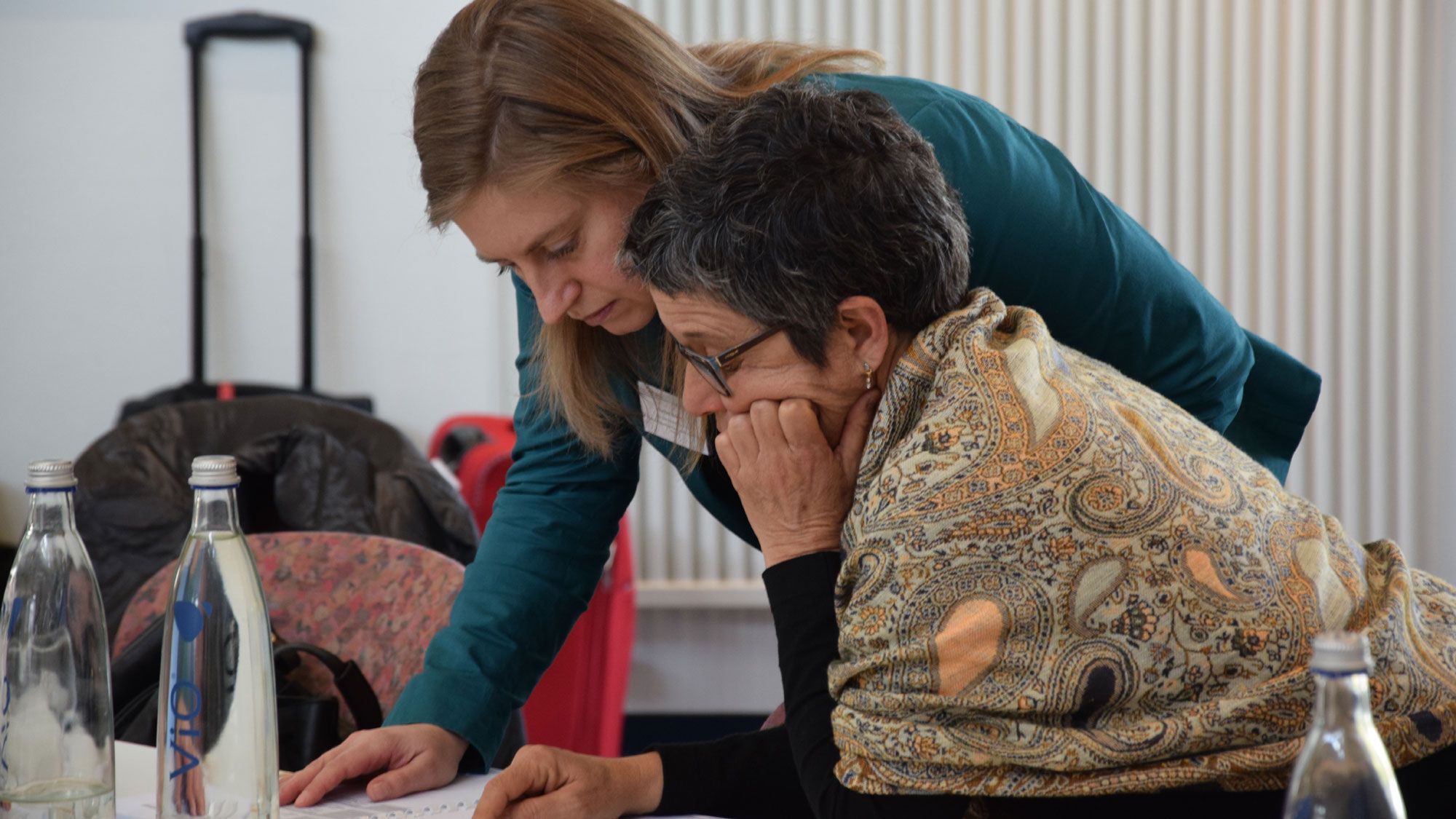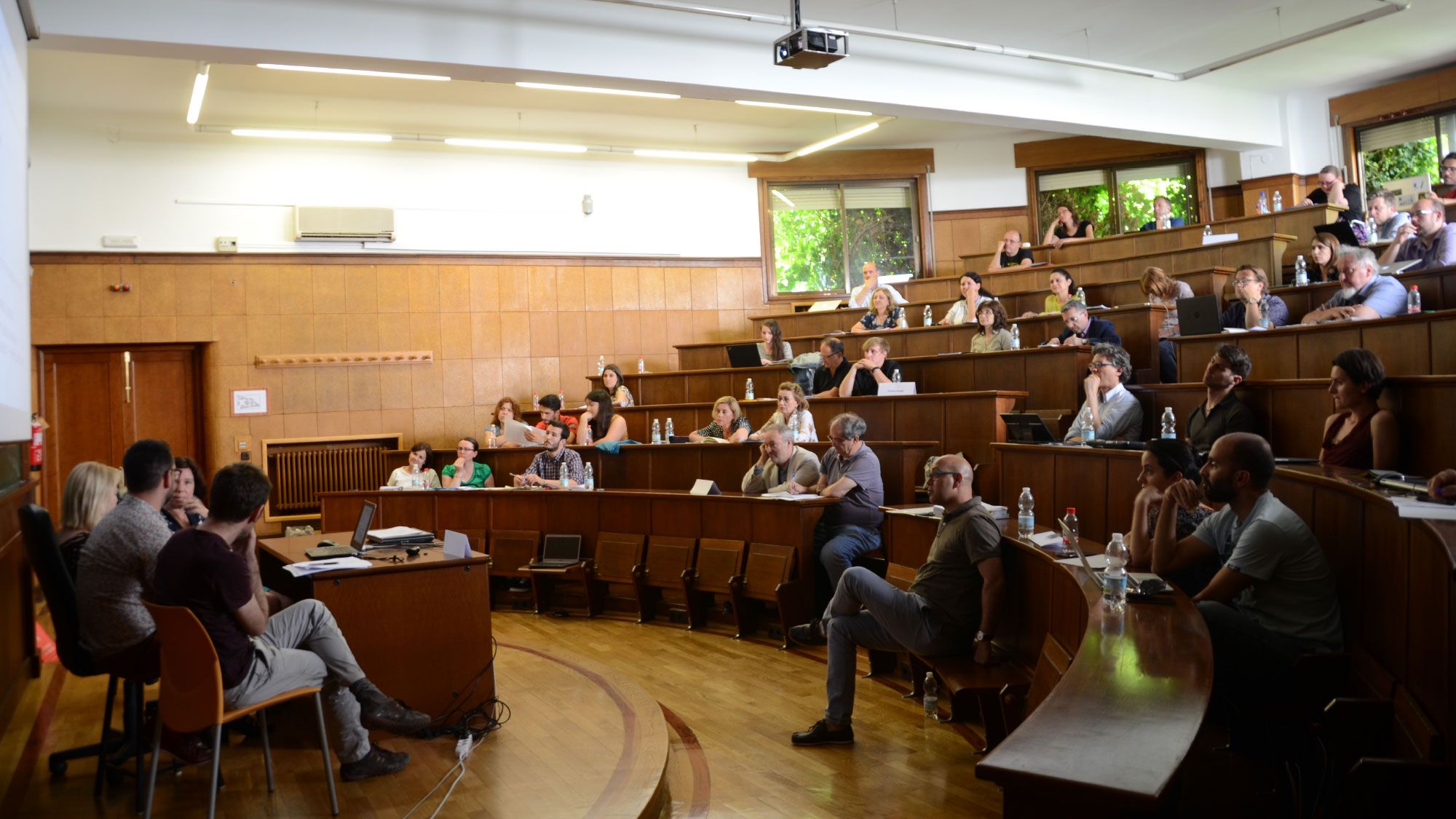Education (formal, non-formal, informal)
The European guidelines identify the educational process in any activity undertaken by people, in the various stages of life, in order to improve their knowledge, skills and competences, from a personal, civic, social and occupational point of view, in a formal, non-formal or informal way. Therefore, forms of education can be distinguished according to the level of organisation and structure, conditions in which learning takes place, functionality and applicability of knowledge, skills and attitudes and level of certification of learning outcomes.
Formal learning refers to what takes place in the education and training system of a country. It is official, structured, organised by public organisations or recognised private institutions and results with formal certification and formal level of qualification which is recognised by relevant national educational authorities. Formal education is usually organised as full – time education and is organised as a continuous process with defined stages. Formal education encompasses primary, lower and upper secondary education, higher and university education that culminate in the achievement of a degree or a professional qualification or diploma or a recognised certification as well as adult education programmes.
Non-formal learning is characterised by a deliberate choice of the person, which takes place outside of the systems mentioned above, in any organisation pursuing educational and training purposes, even volunteering, the national civil service, private social service and in enterprises. Thus, non – formal education is any type of structured and organised learning which is institutionalised, intentional and planned by an educational provider, but which does not lead to formal level of qualification recognised by the relevant national education authorities. People of all age groups can participate in non - formal education which can be offered through courses, workshops, seminars.
Informal learning, lastly, is also developed whether or not there is a deliberate choice and is realised in the performance, by any person, of activities in everyday situations and interactions that take place in them, within the context of work, family and leisure, i.e. it is without external support and is not institutionalised. In the educational process, therefore, the soft dimensions come into play such as teaching styles and management of interactions that enable, especially those who do not have access to the resources that allow them to be active and able participants, to make use of knowledge to achieve their personal ambitions. Furthermore, this also attenuates or reinforces motivations, expectations, intentions, self-representations and practices of inclusion and exclusion, discrimination and social hierarchisation.
In the knowledge society, in which the trajectory of social development is fragmented by the pace and scope of change in social connections, education should lay the foundations for a new and different kind of social order. This refers to the concept of competence which by definition refers to the subject (as an intrinsic feature) and therefore implies a radical reinterpretation of the models of education, training and work, and shows a real function of orientation where the imperative is to gain the ability to adapt to multiple and varied contexts, to live in complexity and adopt continuous innovation.
In YOUNG ADULLLTS the concept of education in formal, non-formal and informal contexts in a lifelong learning perspective is crucial because it should be one of the solutions to improve the employability of people and the responsibility of individuals in uninterruptedly feeding their own social, intellectual and cultural capital.
References
Bernstein, B. (1971). Theoretical Studies towards a Sociology of Language, Class, Codes and Control Vol. 1, London: Routledge and Kegan Paul.
Bourdieu, P. & Passeron, J. C. (1970). La Reproduction. Elements pour une théorie du système d’enseignement, Paris: Editions de Minuit.
du Bois-Reymond M. & Chisholm, L. (2006). Modernisation of Youth Transitions in Europe, San Francisco: Jossey-Bass.
Durkheim, É. (1938). Education et Sociologie, Paris: PUF.
Giddens, A. (1990). The Consequences of Modernity, Cambridge: Polity Press.
Lyotard, J. F. (1979). La condition postmoderne: Rapport sur le Savoir, Paris: Les Editions de Minuit.
Pastuovic, N. (2008). Cjeloživotno u?enje i promjene u školovanju. Odgojne Znanosti, 10 (2), pp. 253 -267.
UNESCO. (2011). International Standard Classification of Education. Available online: http://www.uis.unesco.org/Education/Documents/isced-2011-en.pdf.
(Mauro Palumbo, Sonia Startari, Vlatka Domovi? & Dejana Boillet)




